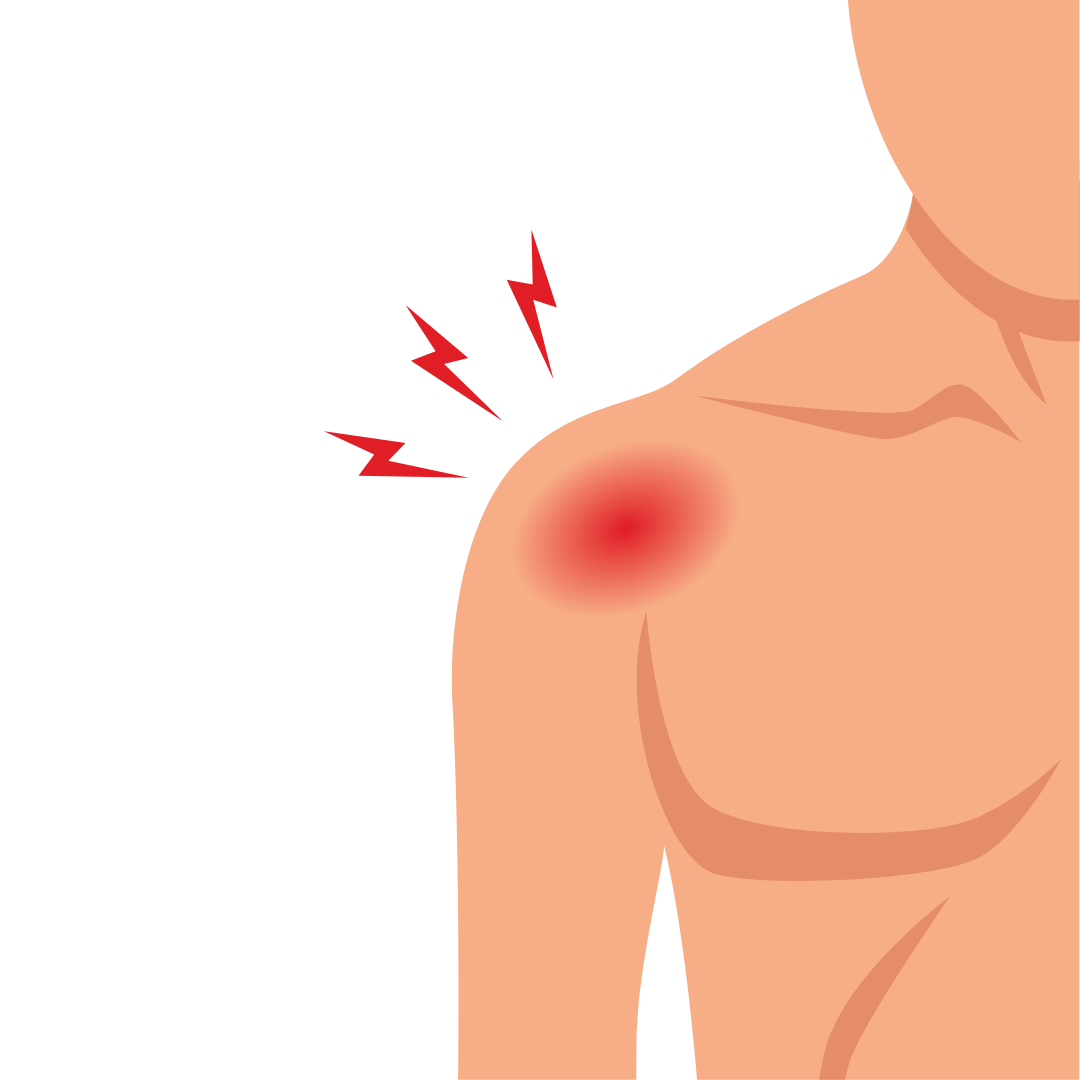
Frozen Shoulder (also called Adhesive Capsulitis) is a painful condition where the shoulder joint becomes stiff and loses its normal range of motion. It develops gradually, worsens over time, and then often improves slowly.
Without timely treatment from a Frozen Shoulder Specialist in Faridabad, it can take months to years to recover completely.
Prolonged Immobilization: After surgery, fracture, or injury when the arm is not moved for weeks
Diabetes: Increases risk and severity of frozen shoulder
Thyroid Disorders: Both hypo- and hyperthyroidism
Age & Gender: Commonly between ages 40–60, more in women
Other Conditions: Parkinson’s disease, cardiac conditions, and post-stroke patients
Unknown Cause: Sometimes develops without any clear reason
Frozen shoulder usually progresses in 3 stages:
Freezing Stage (Painful Stage):
Gradual onset of shoulder pain
Stiffness increases with time
Pain worsens at night
Frozen Stage (Stiff Stage):
Pain may reduce slightly
Severe stiffness and limited motion
Difficulty with daily tasks (combing hair, reaching behind back)
Thawing Stage (Recovery Stage):
Gradual improvement in range of motion
Pain decreases slowly
Full recovery may take 12–24 months


Clinical Examination: Doctor checks range of motion and stiffness
X-ray: To rule out arthritis or fractures
MRI / Ultrasound: Sometimes used to confirm diagnosis or exclude rotator cuff tear
Non-Surgical Treatment:
Medications: Pain relievers and anti-inflammatory drugs
Physiotherapy: Stretching and strengthening exercises are key
Heat Therapy: To reduce stiffness before physiotherapy
Steroid Injections: Reduce pain and inflammation in the shoulder
Hydrodilatation: Injection of fluid to stretch the joint capsule
Surgical Treatment (for severe cases):
Arthroscopic Capsular Release: Keyhole surgery to cut tight tissues and restore movement
Manipulation Under Anesthesia (MUA): Shoulder gently moved while patient is under anesthesia to break stiffness

Mild cases: Improve in 3–6 months with physiotherapy
Severe cases: May take 12–24 months for full recovery
Post-surgery rehab includes regular physiotherapy for flexibility
Most patients regain near-normal function if exercises are followed consistently
Over 90% of patients recover with non-surgical management
Arthroscopic release shows excellent success rates with faster recovery
Early diagnosis and physiotherapy ensure the best outcomes
Risk of recurrence is low but can occur in the opposite shoulder

We strive to deliver a level of service that exceeds the expectations of our Patients. If you have any questions about our services, please do not hesitate to contact us.
Copyright © 2022 Dr. Ramkinkar Jha. All Rights Reserved. | Designed by Artistry Media